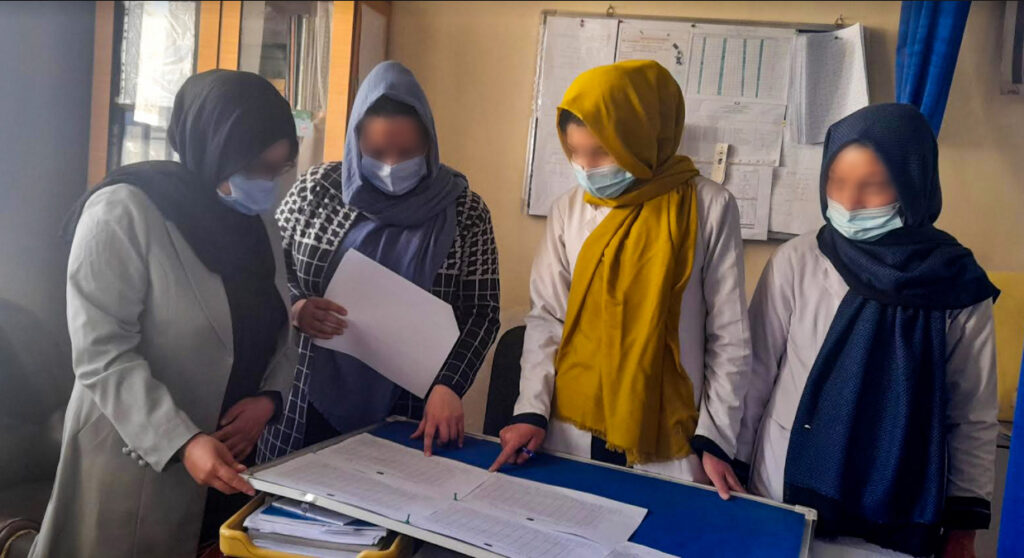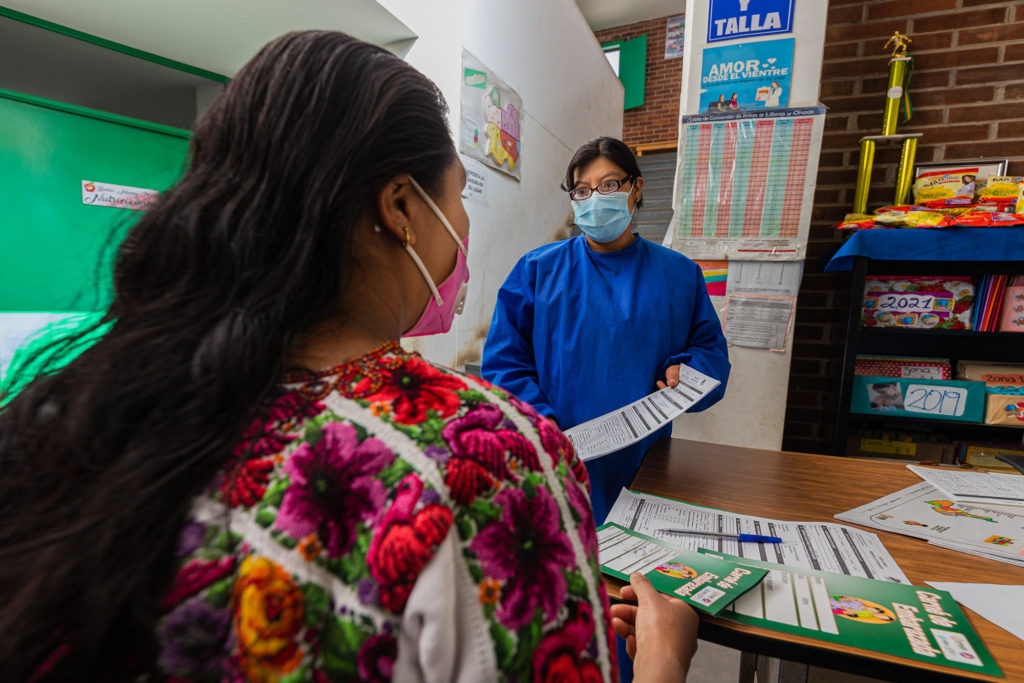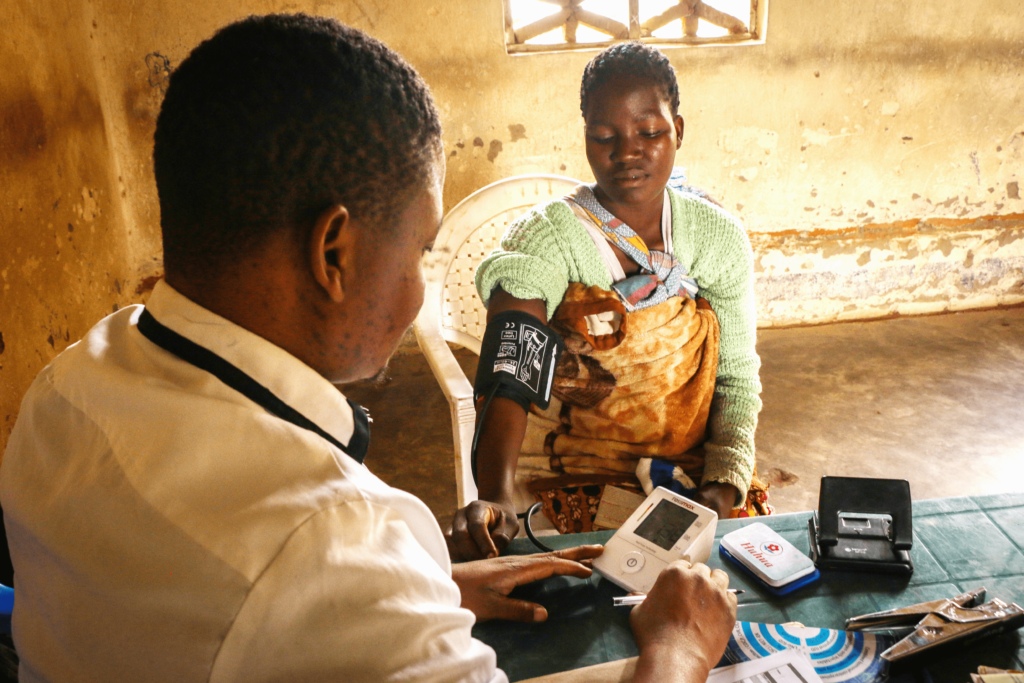Primary Health Care
Primary Health Care
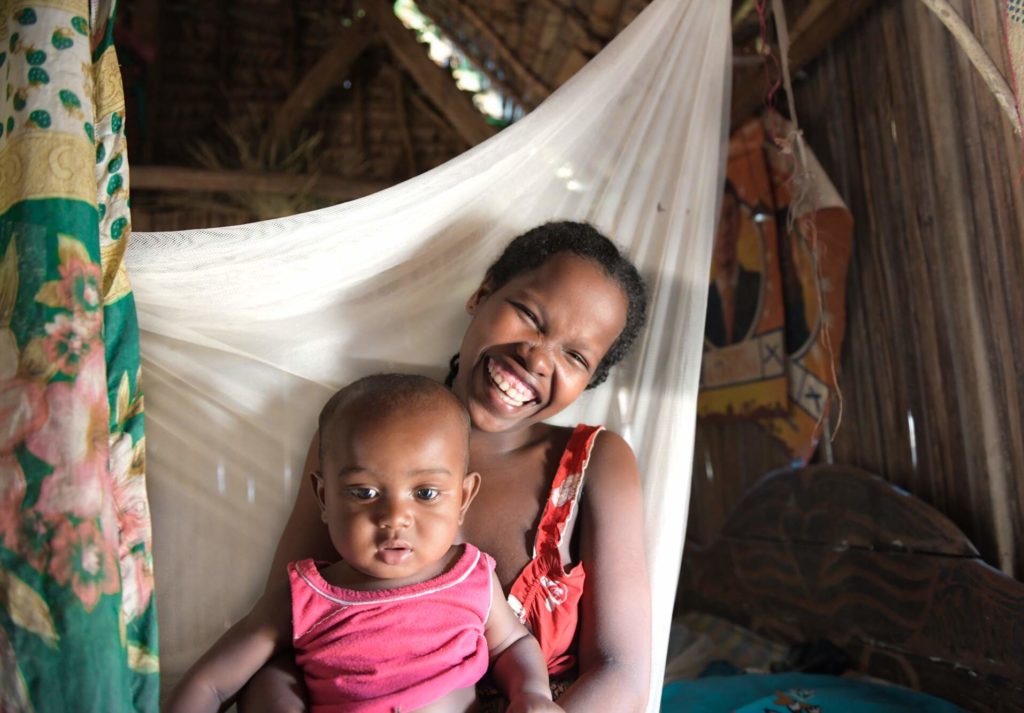
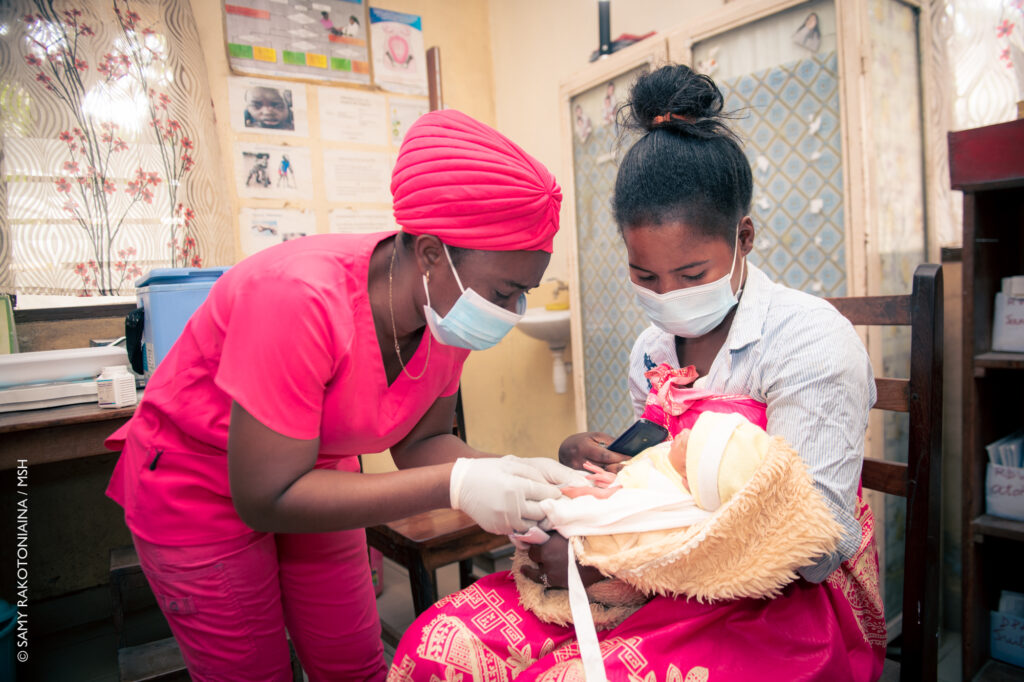
Strengthening Sustainable Improvements in Quality of Care
Through the USAID ACCESS program, our goal is to reach 16 million people in 14 of Madagascar’s 26 regions with reproductive, maternal, newborn, child, and adolescent health services; improve gender equity; and reduce gender-based violence. ACCESS’ primary health care interventions include improving newborn resuscitation practices in health facilities to reduce preventable neonatal mortality from asphyxia, which is the second leading cause of death among Malagasy newborns. Through ACCESS, we support donations of newborn resuscitation equipment, health worker clinical trainings, awareness-raising efforts at the community level with pregnant women on pregnancy danger signs, and correct documentation and reporting of newborn resuscitation. Between 2021 and 2022, in the 11 ACCESS-supported regions, the successful newborn resuscitation rate in health centers increased from 74.5% to 80.6%.
Building Person-Centered, Integrated Local Systems for Primary Health Care
Primary health care is critical to ensuring that health care is equitable and meets the needs of individuals and communities. A strong, responsive, and sustainable primary health care system is essential for achieving universal health coverage, maintaining population health, and preventing the spread of infectious disease while reducing the burden of noncommunicable diseases and health care costs. Primary health care acts as the first point of contact with the health system and provides integrated, person-centered care to communities across the continuum of care—from prevention to treatment to rehabilitation or palliative care.
By providing care in the community, as well as care through the community, primary health care addresses not only individual and family health needs but also the broader issue of public health and the needs of defined populations. At MSH, all of our current projects contain primary health care, a pillar of our health systems strengthening approach, as we work with governments and local organizations to facilitate strong health systems that are affordable and accessible, responsive to people and their communities, and provide lifesaving health services at every stage of life.
Our approach:
- Delivers high quality primary health care by serving as the first point of contact for all people and providing continual, comprehensive, coordinated, and person-centered care across the lifespan
- Meets people’s health needs throughout their lives
- Addresses the broader determinants of health through multisectoral policy and action
- Empowers individuals, families, and communities to take charge of their own health
Community Health Planning and Costing Tool (Version 2.0) Handbook
The Obligation of Hope: Reflections on One Year at MSH
As his first year MSH draws to a close, Dr. Dan Schwarz, Vice President for Global Health Systems Innovation, looks back on his career as a champion for person-centered, locally led primary health care and finds compelling connections between that work, MSH, and the lesson that the legendary Paul Farmer taught him about hope.
Join MSH at the International Conference on Primary Health Care
Join MSH at the ICPHC, September 5–7, 2023, in Addis Ababa, Ethiopia, where our experts will share our work strengthening primary health systems in Afghanistan, Bangladesh, Ethiopia, Guatemala, and Nigeria.
Meet Our Technical Experts
Please direct all inquiries or speaking engagement requests to one from our Technical Experts to Jordan Coriza at jcoriza@msh.org or 617-250-9107.
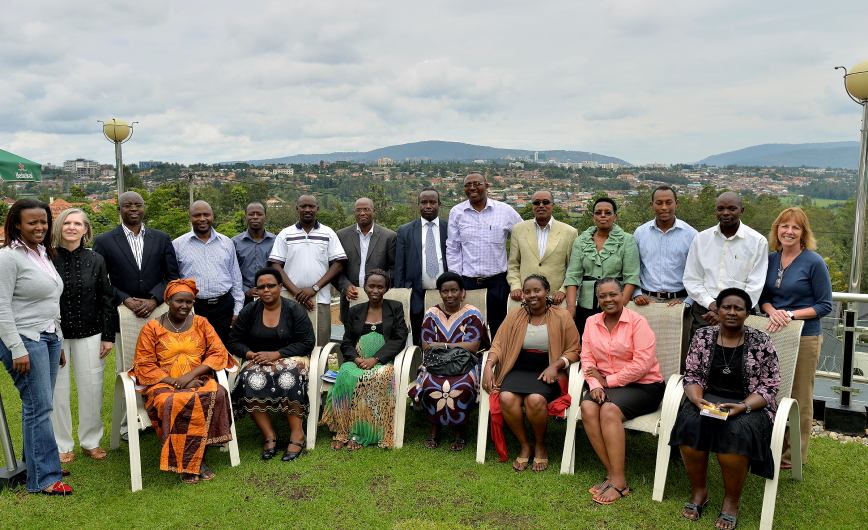
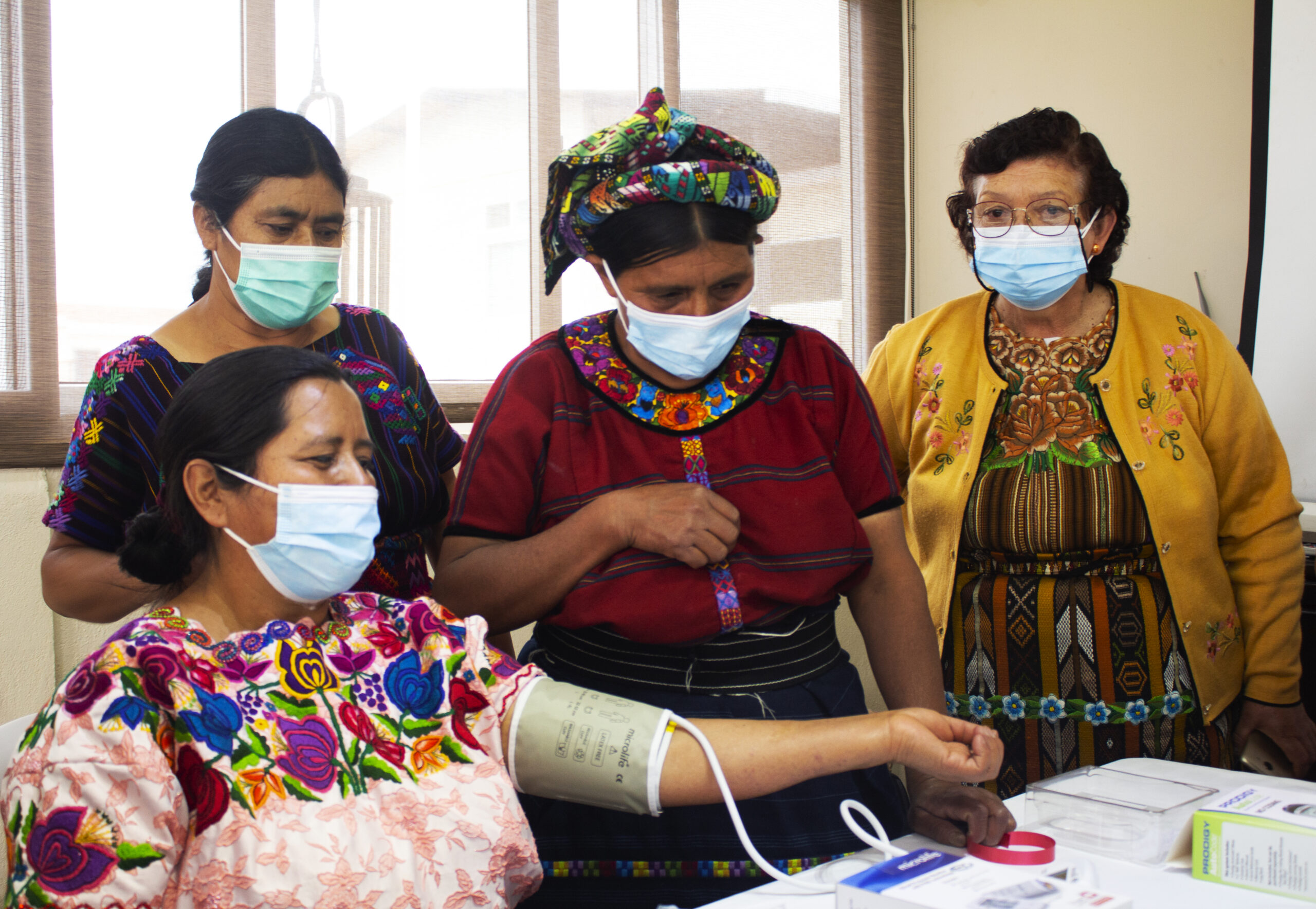
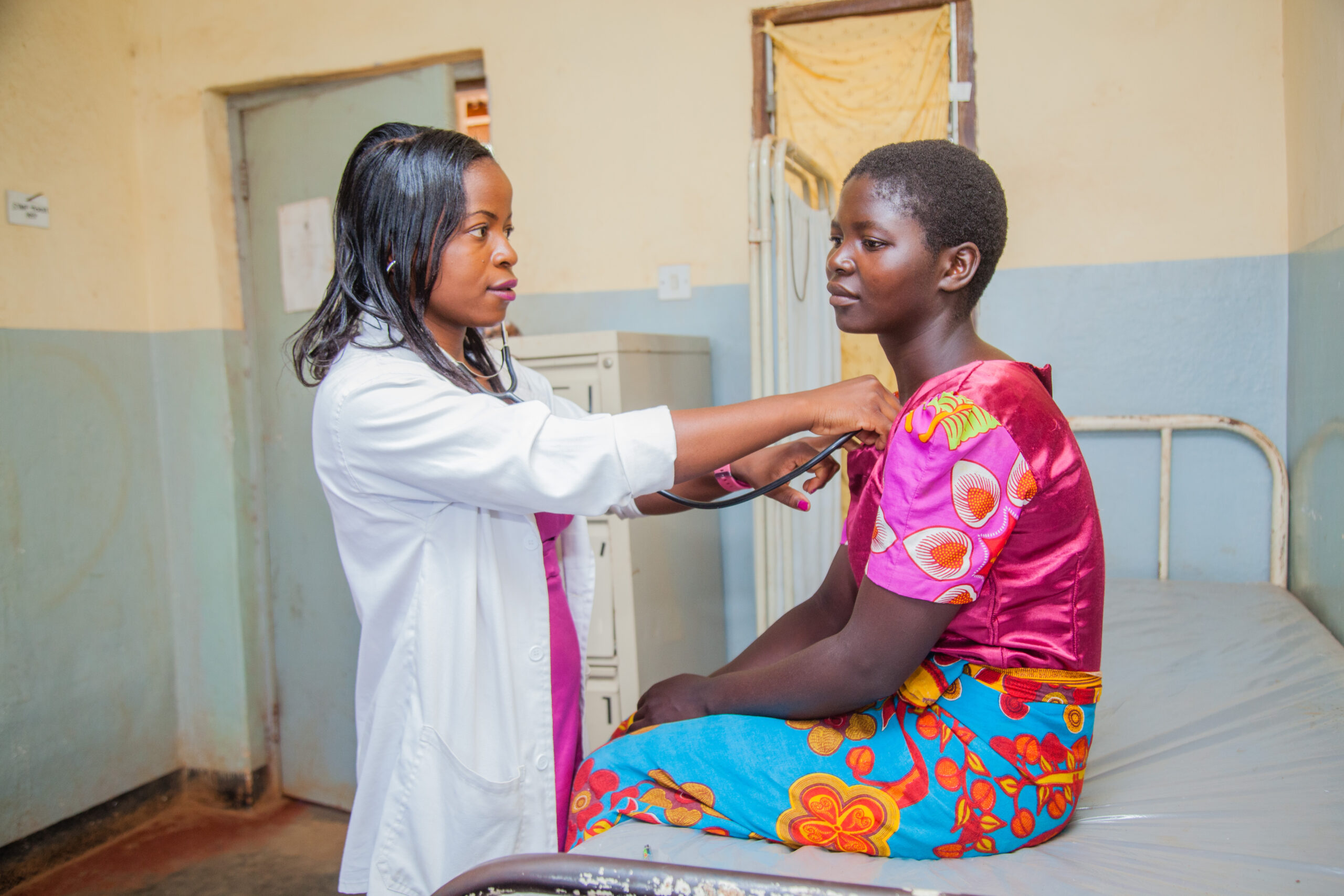
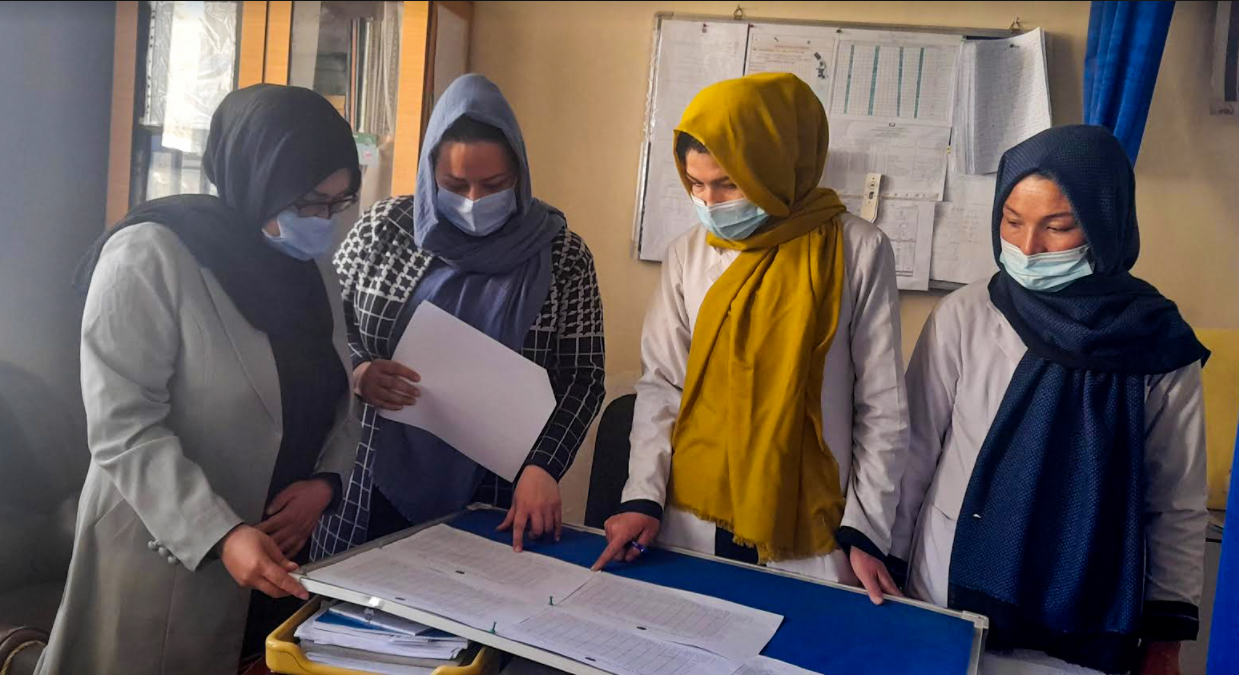
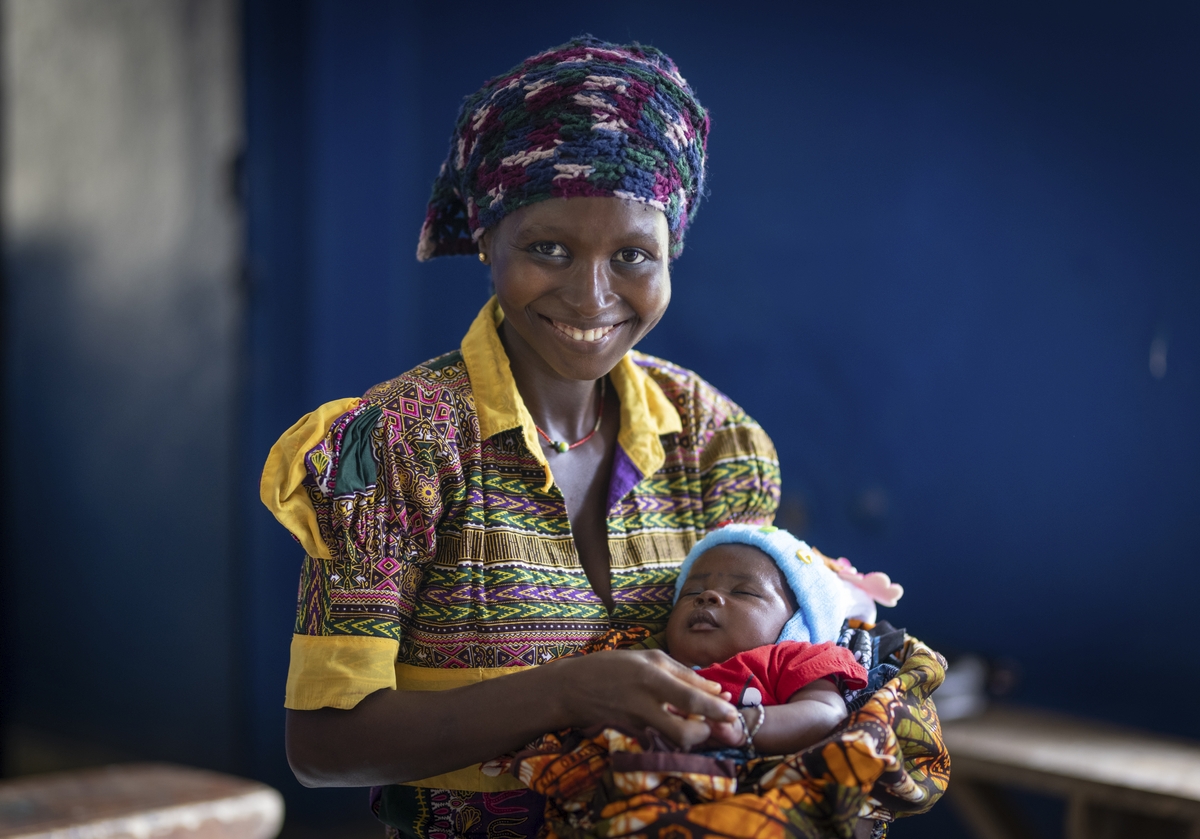
![[Adekeye Dorcas and her two children at their home in Kwara state, Nigeria.] {Photo credit: Mary Dauda/MSH}](https://msh.org/wp-content/uploads/2018/11/dscn2510-2_family_715px_1.png)
